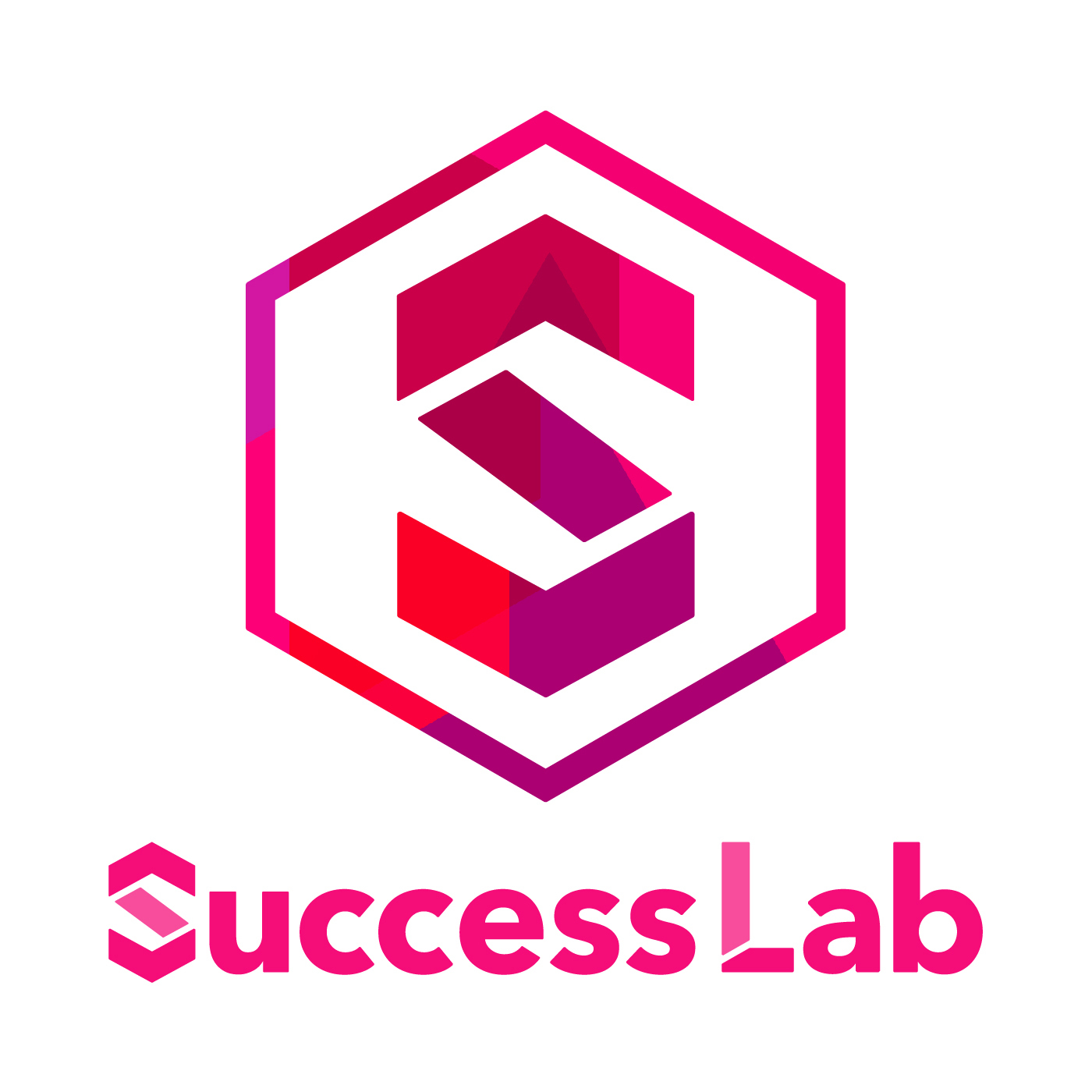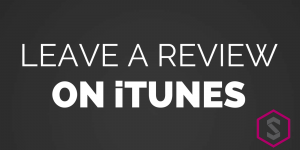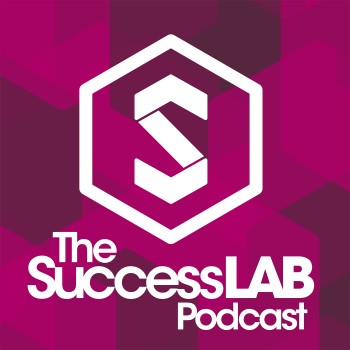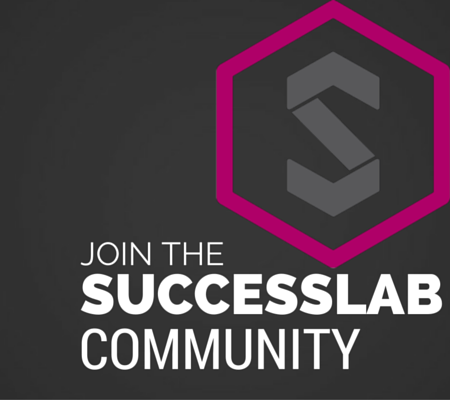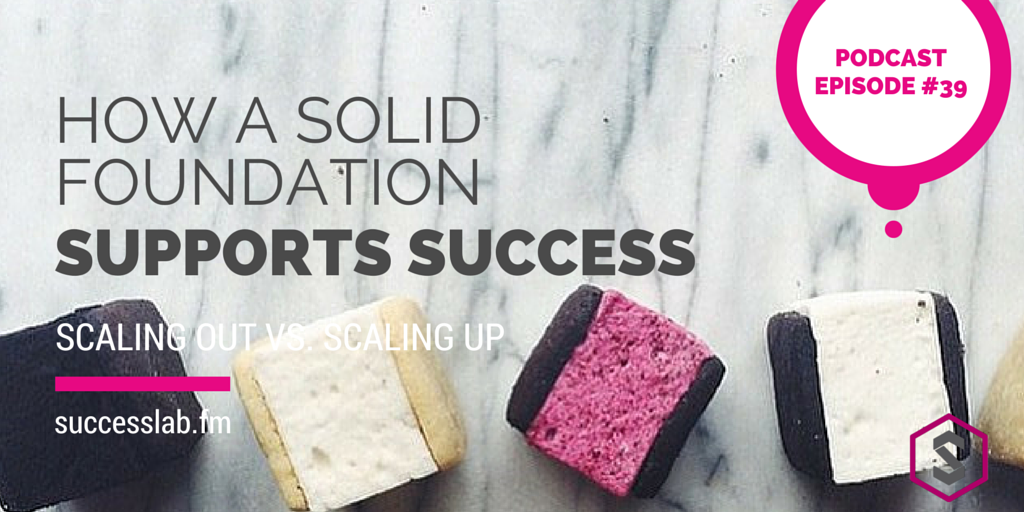
“I never thought I would go into marshmallow, although I’ve always really loved them,” she said.
In fact, Laura initially went to college to study psychology. Every summer or semester off however, was spent in a kitchen, and it was clear a passion was brewing.
“I just started falling in love with cooking and sharing food, and I ended up going to the Culinary Institute of America after I got my undergrad,” she said. “From there I went to New York and fell into research and development.”
After work, Laura would spend her evenings in the kitchen experimenting with the idea of a gourmet smore of sorts. Little did she know, this little confection would be a game changer for her. After her stint in New York, Laura moved to Atlanta with her husband, it was there they decided to see if what she had created had legs.
“My husband and I decided to put this thing out there that we had created at home out there into the universe,” she said. “We wanted to see who responded to it, how people liked it. We knew we loved it. So we put it up on Kickstarter.”
December 2013.
The campaign funded, giving Laura the affirmation she needed to pursue the idea further, but still she wanted to be cautious. Because, despite the validation, Laura’s background was in food R&D. She was comfortable in the kitchen and crafting a product that would hold up and be appealing to the palate. It was all the business stuff that was the challenge.
That is something many of us struggle with as entrepreneurs. We’re well-versed in our craft, but it’s the uncharted territory of running and scaling a successful business that forces us to learn as we go, taking countless little risks along the way.
So how do you prepare? Unfortunately there’s not a one-size-fits all template we can follow, but there are models and processes that have proven effective. One, is the idea of scaling out not up.
James Kenigsberg, chief technology officer and founding member of 2U, a technology platform that partners with leading colleges and universities to deliver online degree programs to students globally, says scaling out helps startups form a more solid foundation.
“I believe when you start a company it’s important to build a base just like you would build a base for a pyramid – it’s important for that base to be stable,” James said. ‘You figure out your architecture first and automate your processes.”
James knows a thing or two about building a sustainable product. He has a long history with technology and product development at companies like The Princeton Review and Oglivy & Mathers, and now at his own startup, 2U, where they focused on scaling out early on.
Scaling Out vs. Scaling Up.
Scaling out and scaling up are terms you will most commonly hear associated with tech-based companies or those reliant on servers. It’s akin to putting all your eggs into one powerful and pricey server vs. dividing the load amongst multiple lower-cost servers. The latter affords you the ability to add servers as needed, creating more flexibility. Applied in the business sense, scaling out would mean you are putting putting the processes and architecture in place to ensure flexibility. So hiring or ramping up production simply becomes a matter of replicating or falling into a process you’ve already created with little to no downtime.
Luckily for Laura, the idea of building a solid foundation was something she was wired for, and it was working.
“We don’t spend money lightly,” she said. “We really think through how we’re going to turn an investment around to make it worth while. But I feel like we’ve been really lucky and have had a smooth ride.”
But then, as luck would have it, an unexpected order came in. Anthropologie, the women’s clothing and home decor store, wanted to stock Malvi Mallows in their stores nationwide just for the holiday season.
“That came out of the blue and it was something we could not have prepared for, and it totally blew us over,” she said. “But it’s definitely helped us take a big step into 2015.”
Meeting the Demands.
Though meeting the demands of that seasonal order was a challenge for a small operation like Malvi, they were able to pull it off. There were long days, and some nights with only a couple hours of sleep, but she did have some help waiting in the wings. Her husband and supportive family members.
“We knew we wouldn’t have extended capital to invest in new kitchen equipment and labor, so it was a scrappy affair,” she said.
But Laura was fortunate to have supportive family members to help fill the void. And this is something James actually recommends for startups…hiring people you know.
“I would highly recommend hiring people you know,” he said. “If you’re a startup, for the first year you probably shouldn’t be hiring anyone outside of people you know. Because those are the people who can see your passion and get as passionate about the product.”
Right now, it’s just Laura, and her lean team of two part-timers – her husband and sister-in-law. The team scaled back down after the holiday rush. So what about the long-term? How do you know when it’s time to hire? This is often a pivotal point for most small businesses.
“We don’t have a sales force…we’re all doing it ourselves,” she said. “While it’s a 24-hour-a-day job, we’ve pushed ourselves further than we expected to go just with our core team.”
James experienced similar growing pains.
“When we started the company, I was the only tech guy for a while,” he said. “You try to do everything, but eventually you can’t do all those things at once, so you have to figure out how you will build your team and how you will shard yourself into other roles. You start by hiring one of each of the hats you wear and start building processes.”
And that’s exactly what Dean Heckler did. Dean is the founder of Heckler Design, a product design company that started out small but grew into a globally distributed and recognizable brand. The first hat he took of…customer service.
“I was doing everything and it was becoming too much to try to keep up with new designs, or day-to-day shipping, and customer service as well,” he said.
He said that hire was quickly validated, as it freed up his time to build the company.
But what about all those other little make-or-break decisions business owners have to make?
“Right now we’re thinking about growth and what our next step is,” she said. “It’s a big question. I think come across millions of those little make-or-break decisions and that’s the big one that’s ahead of us.”
Laura is contemplating organic growth vs. seeking an outside investor, and timing of it all. Until then, she said she is along for the ride. But she has found value in the direction a few other business owners have provided her.
Making Connections.
“I feel like I’m kind of hanging on and along for the ride in a lot of this,” she said. “As for as growing the business, I’m out of my depths and have found it really valuable talking to other business people in a similar sphere, but a few steps ahead of me. I’m learning every day.”
And maybe that’s what this entrepreneurial game is all about….connections and serving as each others support system. Most of us don’t come pre-programmed knowing how to grow sustainable business and overcoming the many challenges that come along with it. By passing along what we’ve learned, and seeking out the support of those one step ahead of us when we don’t have the answers the struggle becomes just a little bit easier. After all, we all experience similar challenges no matter what industry we’re in or audience we serve.
Links:
Malvi Mallow
2U, James Kenigsberg
Heckler Design
RUBY Kickstarter campaign
Biz Hack:
GQueues is a task manager for Google and Google Apps users. So that means it syncs with all of your Google Apps products like Gmail, contacts, Google Drive, calendar, etc. For instance, if you set a task with a due date in GQueues it will sync with your calendar. If you need to change the due date, you can either do it from your calendar or the task manager and it will sync across both. You an also attach Google Drive documents in a GQueues task or turn emails in to tasks. So if you’re into task management systems and Google Apps, you might dig GQueues.
There is a free version, but if you want the integrations, you have to upgrade to the $25 per year option. There’s also a $50 per year option for businesses.
Quote of the Week:
“Success is never final, failure is never fatal. It’s courage that counts.” ~ John Wooden also known as “Coach”
Thank you to Laura Curtis Retana for sharing her journey with Malvi Mallows, and Dean Heckler from Heckler Design, and James Kenigsberg from 2U for sharing their insights.
Music in this episode: “Bellevue” by Gates and “Higher” by Sean D.
If you dig this podcast, why not leave a quick review or rating in iTunes?
